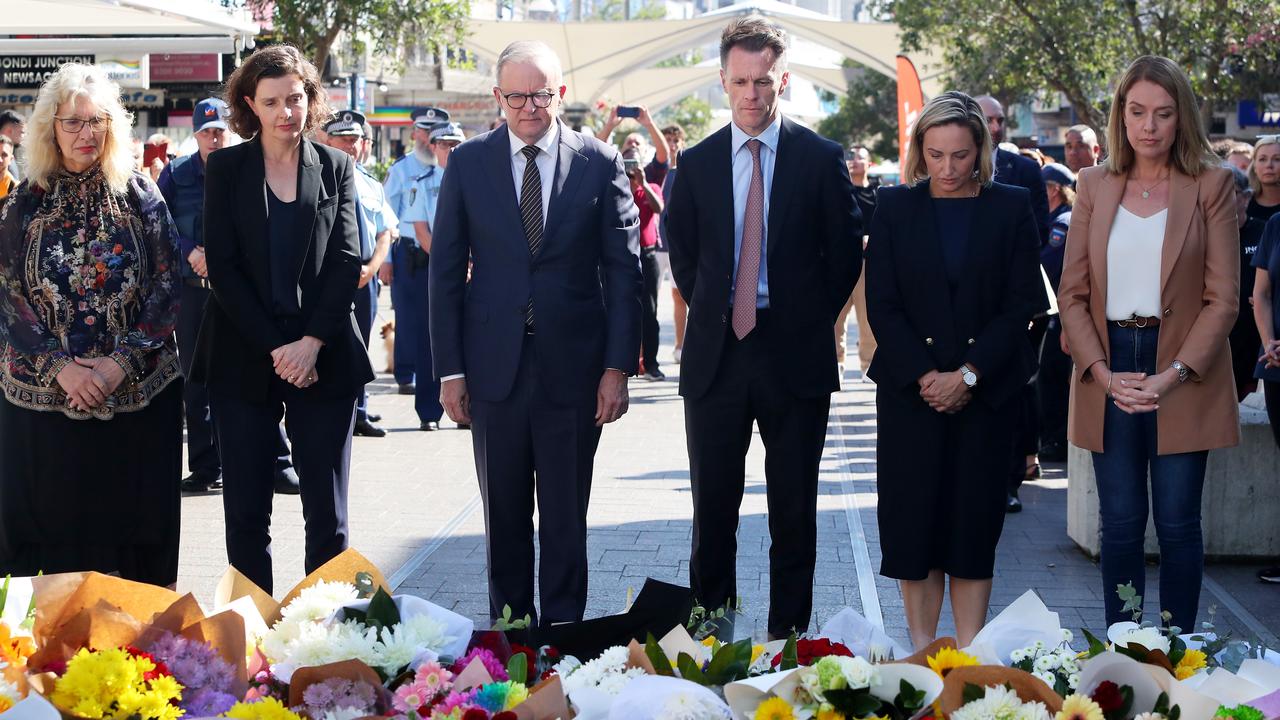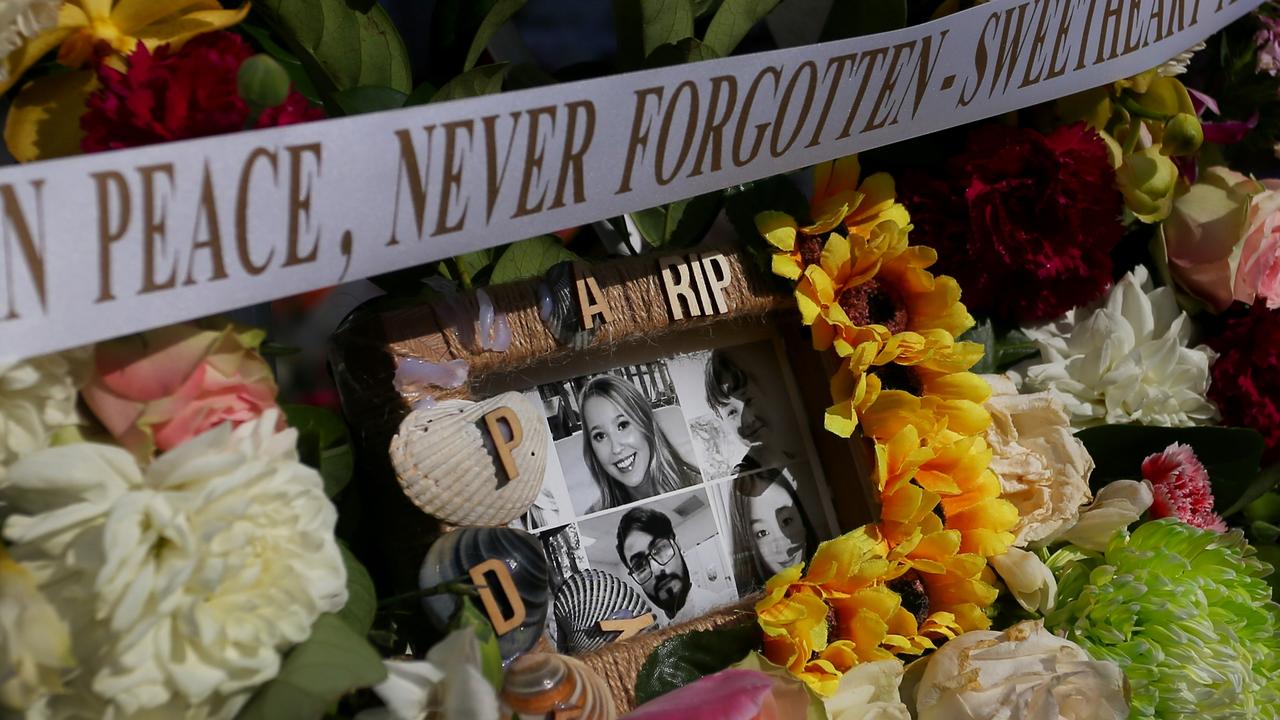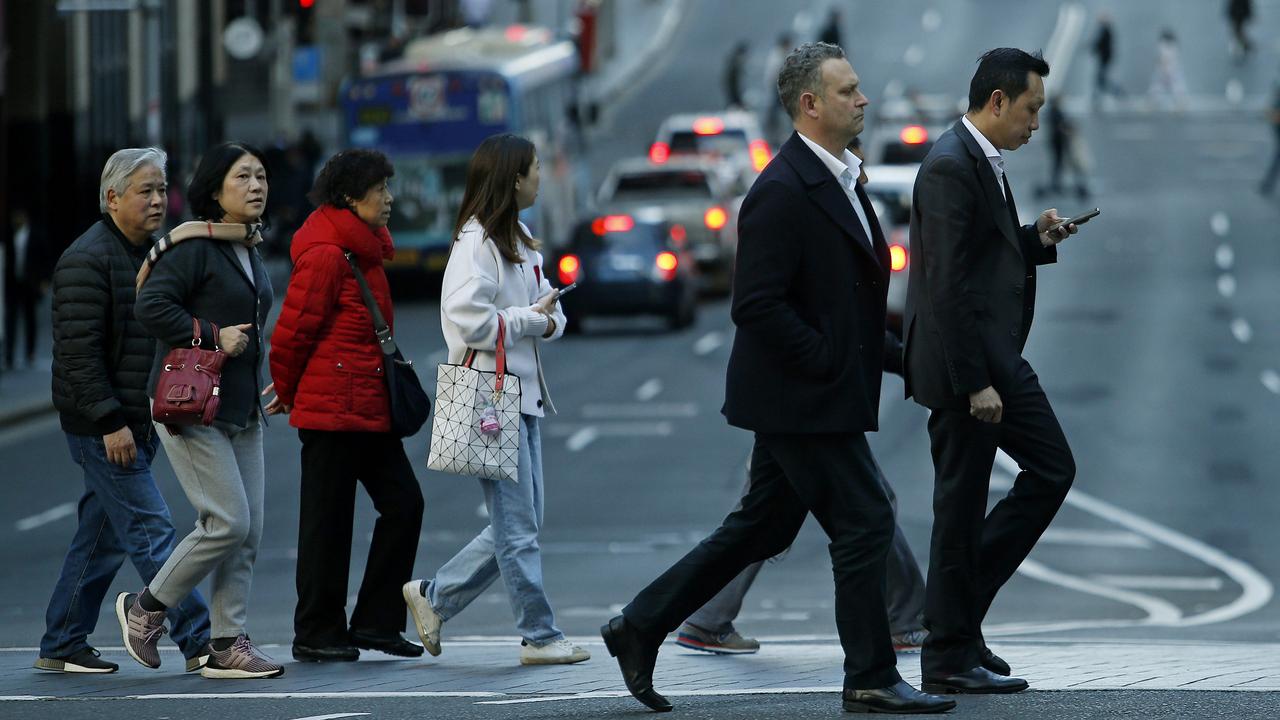Radical antifeminism is Australia’s most prevalent form of violent extremism, report finds
A shocking new report has found a “significant extremist threat” happening right under our noses – and it’s a problem that’s not unique to Australia.
A large number of Australian men believe feminism should not only be resisted, but “violently resisted”, according to a shocking new report.
Nearly 20 per cent of Australian men consider violence an acceptable form of resistance against feminism, if necessary, according to Misogyny, Racism and Violent Extremism in Australia, a survey of 1020 people nationwide. Conducted by researchers at the University of Melbourne and University of Queensland, the study deemed the sentiment a “significant extremist threat” to Australia that can no longer be ignored.
In fact, were authorities to recognise anti-feminist beliefs as a form of violent extremism, it would “represent the most prevalent form of violent extremism in Australia today”.
Demand for such a distinction to be made has mounted amid our ongoing, national scourge of male violence against women, and in the months since the mass stabbing attack at Westfield Bondi Junction on April 13.
The Bondi Junction attack was not classified as a “terrorist” incident by police. But women – who, it was noted at the time, were the killer’s explicit target – were certainly left feeling terrorised.

Of the six people murdered, five were female. And of the 11 injured, all but two were – one a baby girl, then just nine months old.
The University of Melbourne’s Dr Sara Meger, one of the report’s co-authors, said its results show an urgent need for security and policing agencies to take misogynistic and racist attitudes seriously as predictors of violent extremism, regardless of ideological or religious motivations.
“In Australia, our understanding of violent extremism remains quite limited,” she told news.com.au.
“And thus, our policy frameworks have proven incapable of understanding or addressing the purposeful perpetration of mass violence against women (eg the Bondi Junction attack) as a form of terrorism.”

‘We are not taking the risk seriously enough at all’
“(The) use of violence to resist feminism should absolutely be considered a form of violent extremism,” study co-author, the University of Queensland’s Dr Melissa Johnston, told news.com.au.
Signs of it are all around us: in the uprising of incel (involuntarily celibate) culture online, in the radicalisation of boys and young men by the likes of manosphere personality Andrew Tate, in the backlash to the MeToo movement and the prevalence of violence – namely, choking – during sex.
“At a logical level, why is violence against a group of people (women) for political ends (the eradication of feminism) seen by lawmakers as okay or apolitical, while others are not?” Dr Johnston said.
“I think the framing of anti-women violence shows there is a misunderstanding of what counts as political by our policymakers, which is unsurprising when we look at how entrenched patriarchal views are in our society.”
Nowhere is this more clear than in our government’s consistent failure to take the annual killing of, on average, what’s now more than one Australian woman each week at the hands of a man seriously.

While both Dr Meger and Dr Johnston admitted they were “quite surprised” by their findings, “in the context of the still very high rates of violence against women in Australia … the finding that many people support the use of violence against feminism does make sense”, Dr Johnston said.
“Australia and the world are not taking the risk of radical antifeminism seriously enough at all,” she added, pointing to the lack of “recognition that violence against women itself is political”.
“I think policymakers underestimate the extent that the links between the personal and the political are significant motivators of political violence. Gender politics is everyday politics.
“And this is what the results of our study show – it is not just anti-feminist extremism that has this link to gender politics. In most forms of violent extremism we looked at (ethnonationalist, economic left, economic right wing, religious) support for violence against women makes a person much more likely to support violent extremism.
“Misogyny predicts violent extremism in all forms much more accurately than factors like how religious someone is, where they come from, their gender, or what kind of job or income they have.”
‘Misogynistic attitudes are growing in our society’
There has been consistent debate in recent years over whether Gen Z (and, to some degree, its successor Gen Alpha – those born from 2010 onward) is the most progressive generation in history, or the most conservative.
“Our research indicates what many sociological studies have already confirmed: that misogynistic attitudes are growing in our society, particularly amongst the younger generation,” Dr Meger said.
In February, the biggest-ever Australian study of attitudes about what it means to “be a real man” made similar findings. Conducted by Jesuit Social Services in partnership with Respect Victoria, the Man Box 2024: Re-examining what it means to be a man in Australia report evidenced the link between men’s adherence to harmful beliefs and rules about needing to be dominant, aggressive, not show emotion, and use violence to gain respect – and the perpetration of violence against women.
Thirty-seven per cent of men aged 18 to 45 – nearly four in 10 – said they felt pressure to conform to these rigid male norms. Those who most strongly endorsed them were 31 times more likely to believe “domestic violence should be handled privately” and 17 times more likely to have hit an intimate partner.
Similarly, Dr Meger and Dr Johnston’s research found that support for anti-feminist violent extremism was highest amongst 18- to 29-year-olds, of whom 19 per cent agreed with the legitimacy of violence to resist feminism. They were also the demographic to most likely agree that physical violence by men against their female partners can be excused, and with polygyny, honour-based violence, marital rape, and female circumcision.
“Therefore, in my view, these attitudes of hostility towards women generally and towards feminism in particular should be taken much more seriously as a canary in the coalmine of the potential for greater societal ruptures and greater breakdown of social cohesion,” Dr Meger said.

‘This is not just a problem unique to Australia’
The same link between misogyny, violence against women, and violent extremism has been found by the researchers in several other countries, Dr Johnston said, proving that “this is not just a problem unique to Australia, but a global one”.
“Feminist movements all over the world have made substantial and hard-won gains. It is disappointing, but not surprising, that such gains would be met with patriarchal backlash in a variety of forms,” she added.
As well as “more funding to educational and social resources to combat misogyny and attitudes permissive of violence against women”, there is an urgent need for policymakers in security and policing agencies to consider misogynistic and racist attitudes in risk assessment, preventive and rehabilitative work across all forms of violent extremism in Australia.
“There should be co-operation and insight from gender experts and civil society who work at the coal face of violence against women,” Dr Johnston said, “to understand these underlying gender drivers of violent extremism in all its forms.”
Originally published as Radical antifeminism is Australia’s most prevalent form of violent extremism, report finds





